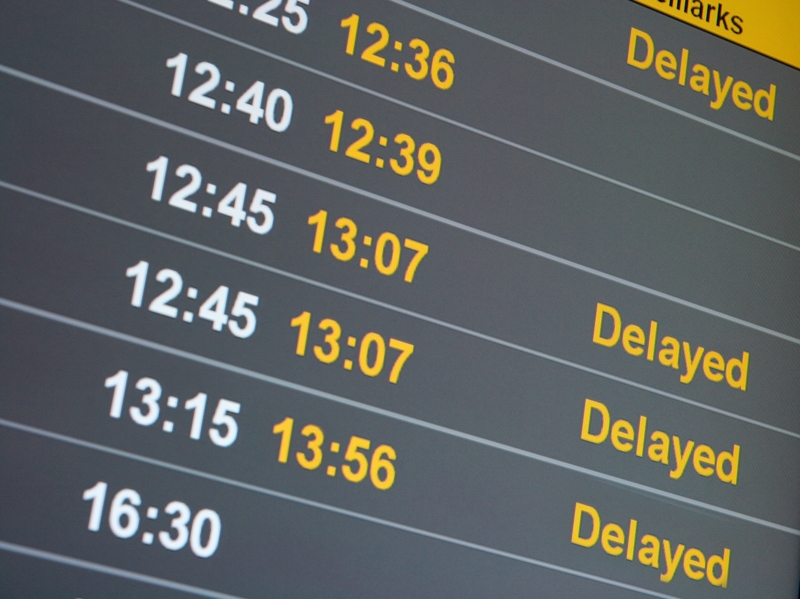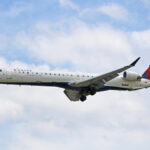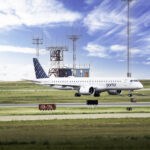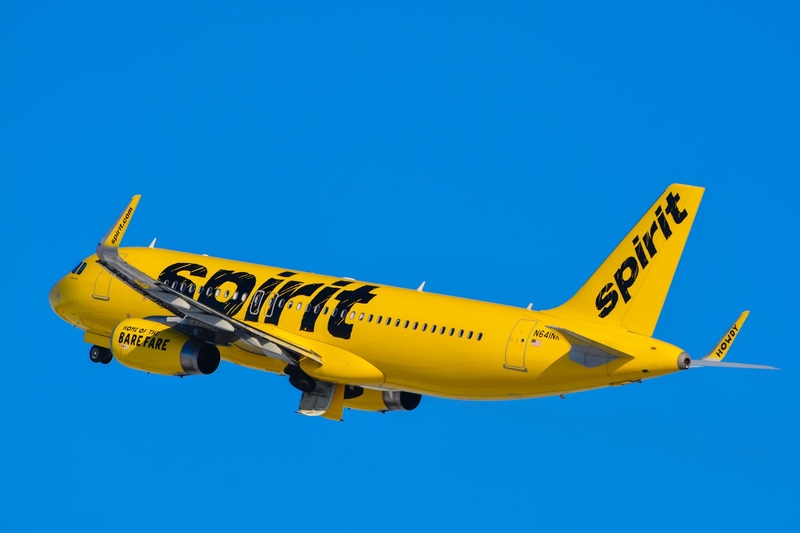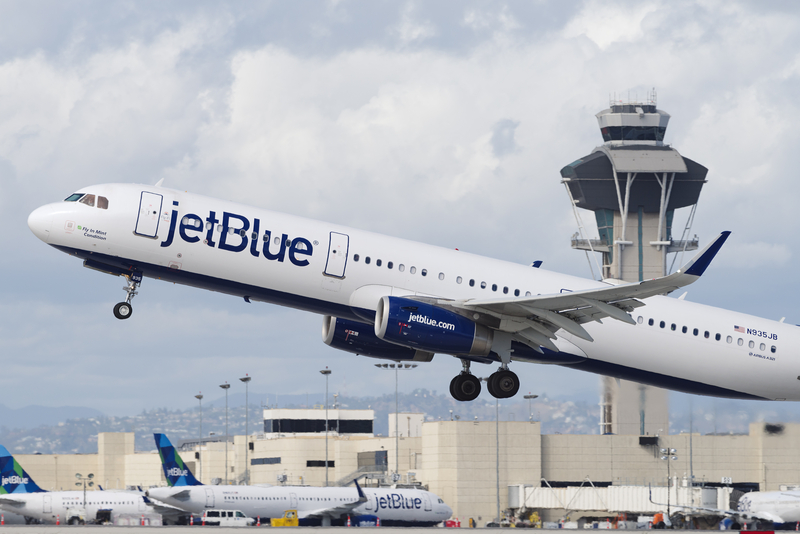Cash Compensation For Flight Delays Is Off The Table In The U.S. – For Now
What Changed
The U.S. Department of Transportation has ended the late-2024 push to require airlines to pay cash for airline-caused delays and cancellations. The rulemaking is closed. Regulators said the plan would add unnecessary burdens on carriers.
What The Scrapped Rule Aimed To Do
The proposal sought EU-style baseline rights for passengers when disruptions were within an airline’s control. It outlined automatic cash payments by delay length, clear duty-of-care for meals and hotels, and rebooking on the next available flight—even on another airline—when your carrier couldn’t get you moving soon.
Why It Was Dropped
Airlines argued costs would rise and schedules would shrink. Consumer groups said automatic remedies would cut avoidable delays and force clearer accountability. In the end, regulators sided with the industry and stopped the process before it took effect.
What Still Applies Today
There is no federal right to cash compensation for delays or cancellations in the U.S. If your flight is canceled or significantly changed and you decline an alternative, you can get a refund. Beyond that, benefits like hotel and meal vouchers are mostly at the airline’s discretion and vary by carrier and situation.
How This Differs From Europe
EU/UK rules provide fixed cash payments for many airline-caused disruptions and defined duty-of-care. In the U.S., protections still depend on each airline’s contract rather than a national standard.
Practical Tips (Right Now)
-
Ask whether a disruption is within the airline’s control.
-
If you don’t accept a long rebooking, request a refund.
-
Keep receipts for meals, hotels, and transport; submit them to the airline.
-
Check partner flights the airline can reasonably book you on, then ask for it.
Bottom Line
The plan to mandate cash compensation has been shelved. For now, U.S. flyers won’t get automatic payouts or guaranteed cross-carrier rebooking for airline-caused disruptions. Real relief still hinges on refunds, case-by-case help, and each airline’s policies. If stronger national protections return, they’ll need a fresh rulemaking.
